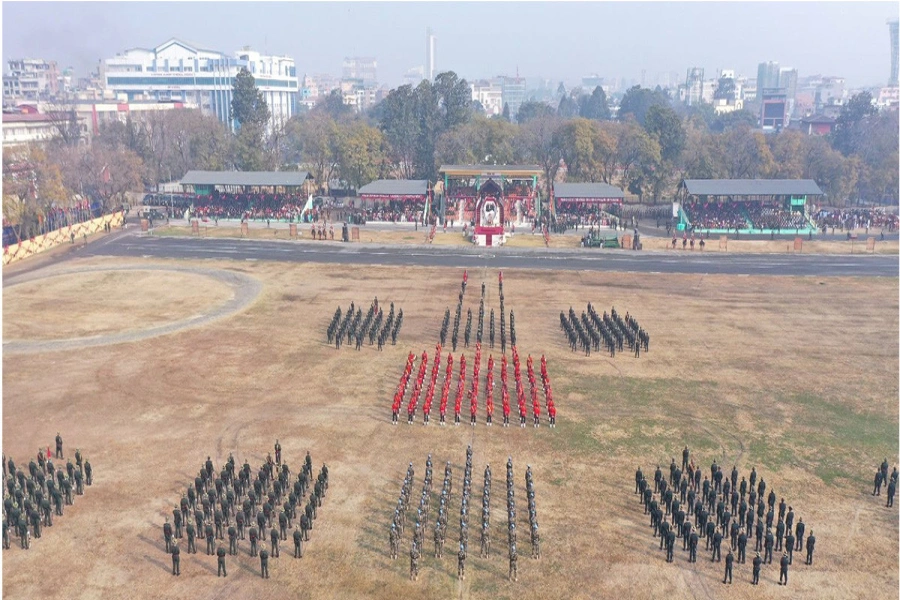KATHMANDU, Sept 25: An official of the Millennium Challenge Corporation (MCC) -- an aid agency of the United States -- on Monday said that she was hopeful that Nepal and India will work out a resolution on the matters of financing and mode of operation of the second cross border line between the two neighbors.
Speaking at a roundtable conference with selected media-persons in Kathmandu, Caroline T Nguyen, managing director of MCC for programs in Europe, Asia, Pacific and Latin America, said: “The bilateral negotiations between Nepal and India is ongoing at political and secretary level. MCC is ready to support in whatever way possible, like any analysis of the data they need.” She sad that the MCC was optimistic that the meeting will come up with some resolution on the matter and that the project is beneficial for both Nepal and India.
Nepal has unveiled plan to build a 400 KVA transmission line with total length of 300 km to the border of India near Sunauli through Butwal by utilizing the MCC grant. Similarly, India will have to build 110 km transmission line on its territory for electricity transmission which is already signed in bilateral trade agreement with India.
PM Dahal joins MCC CEO Albright to celebrate the launch of the...

“Nepal can sell its excess electricity while India will have a stable connectivity to clean energy of Nepal,” said Nguyen, adding that the transmission line will also open up regional electricity connectivity in broader term. Nguyen, however, said that both the countries can decide on the matter independently.
MCC has approved a US$ 500 million compact fund to Nepal. Nepal is planning to invest $300 million of the fund the 400 KVA transmission line -- the largest of its kind in the country.
Nepal and India discussed the matter of working out financing modality as well as mode of operation in terms of sharing costs of operation during the visit of India Prime Minister Narendra Modi to Nepal, according to officials of the Government of Nepal. An understanding has already been reached to cover the cost of operation in proportion of equation of the power flow in both ways. But India has yet not confirmed on the Nepal’s demand for financing the transmission line on its own (by India itself). It has instead proposed to build the new transmission line on the modality of Dhalkebar-Muzaffarpur Transmission Line -- the first cross border line -- in which Nepal had shared cost of the project.
Nepal and India are holding series of talks on the matter. But there has not been much progress.
Office of the Millennium Challenge Nepal (OMCN) -- a government agency managing the compact fund -- has planned to kick-start execution of the project from September 2019. All necessary works, including land acquisition for the transmission line, approval of environment impact assessment, among others, have to be completed by that time.
The 300-kilometer transmission line project will have three different spans -- Lapsiphedi-Ratmate-Damauli, Damauli-Sunwal-India border and Ratmate-Hetauda. Similarly, six other road maintenance projects are being developed y using the compact fund which has a period of five years.
The transmission line project was given a ‘national pride project’ status by the cabinet meeting held last week.
Nguyen welcomed the decision, saying that it will help to expedite the project preparation works as well as execution.



































